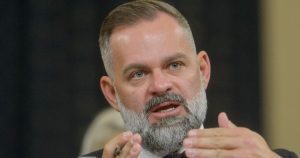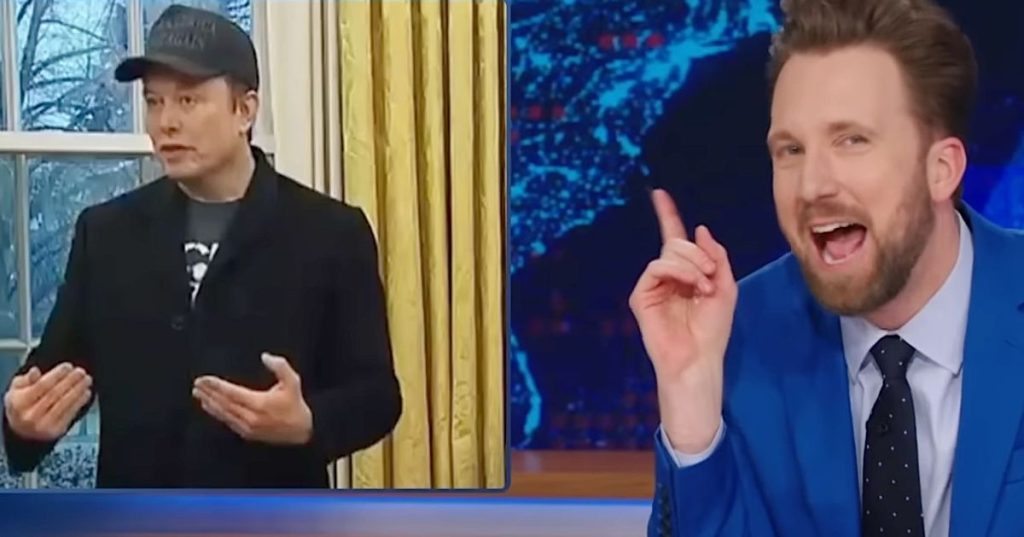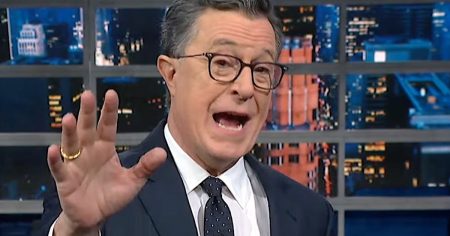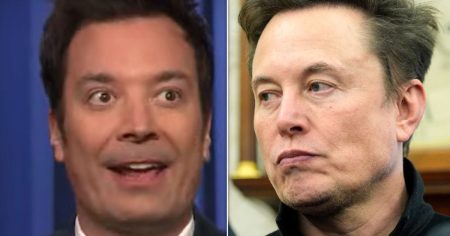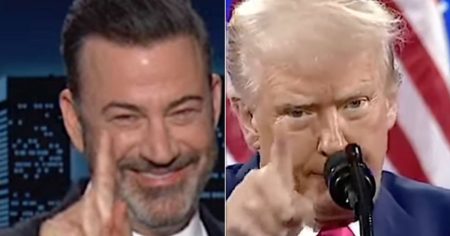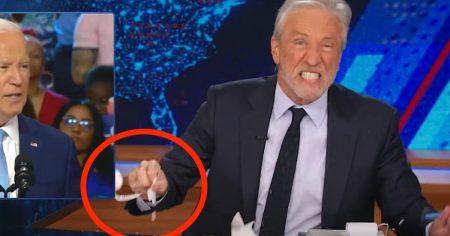Elon Musk’s Bizarre White House Press Conference: A Daily Show Perspective
In a recent monologue on The Daily Show, correspondent Jordan Klepper shed light on the peculiar dynamics of Elon Musk’s White House press conference with President Donald Trump. The event, which was meant to highlight Musk’s new Department of Government Efficiency, quickly became a spectacle filled with awkward moments and questionable logic. Klepper didn’t hold back in his critique, pointing out the glaring inconsistencies in Musk’s arguments and his apparent lack of self-awareness.
The Irony of Musk’s Anti-Bureaucracy Stance
During the press conference, Musk emphasized the importance of elected officials—such as the president, House, and Senate—making key decisions, rather than leaving them in the hands of unelected bureaucrats. On the surface, this argument might seem reasonable. However, as Klepper quickly noted, Musk himself is an unelected individual who has somehow positioned himself as a central figure in shaping government policies. “Wow! I mean, you see why this guy’s a genius,” Klepper sarcastically remarked. “You don’t want an unelected bureaucrat running the country. It makes a lot of sense. No questions here. I do have one question, though: Isn’t that you?”
Klepper’s observation highlights the hypocrisy in Musk’s stance. If the idea is to prevent unelected individuals from wielding power, then Musk’s own role in the Department of Government Efficiency seems contradictory. His influence over government programs, particularly his decision to slash them, raises questions about accountability and representation. As Klepper so aptly put it, “Am I going crazy? Because it feels like I’m watching Drake sing ‘Not Like Us’ at karaoke. Does he not know?”
Transparency Issues and the Department of Government Efficiency
Another critical point Klepper raised was the lack of transparency in Musk’s Department of Government Efficiency (DOGE). While traditional government bureaucrats are subject to open records laws and transparency rules, Musk’s DOGE operates under a veil of secrecy. This discrepancy has led to concerns about accountability and the potential for unchecked power. Klepper pointed out that Musk has even gone so far as to attack individuals who have attempted to shed light on the inner workings of his task force. In one instance, Musk disabled the accounts of people who named members of his task force on the social media platform X, claiming that they had “committed a crime.”
“So, Elon, I gotta tell you: I don’t think you’re being that transparent,” Klepper remarked, addressing Musk directly. His words struck a chord, as they underscored the paradox of Musk’s actions. While he claims to be a champion of efficiency and transparency, his actions suggest the opposite. By silencing those who seek to uncover the truth, Musk is essentially undermining the very principles he purports to support.
Musk’s Defense: “Maximally Transparent”
In response to these criticisms, Musk has maintained that he is “maximally transparent.” He even went so far as to suggest that he welcomes intense scrutiny, likening it to a “daily proctology exam.” However, Klepper was quick to call out this claim for what it is: a thinly veiled attempt to deflect criticism. “Well, I did the exam,” Klepper quipped. “And what an asshole!” This biting remark not only highlighted the absurdity of Musk’s analogy but also served as a scathing critique of his lack of genuine transparency.
Klepper’s monologue serves as a reminder that true transparency involves more than just rhetoric; it requires concrete actions that uphold the principles of accountability and openness. Musk’s failure to meet these standards raises serious questions about his role in shaping government policies and the potential consequences of his actions.
The Broader Implications of Musk’s Actions
Beyond the humor and sarcasm, Klepper’s monologue touches on a much larger issue: the increasing influence of unelected individuals in government decision-making processes. Musk’s Department of Government Efficiency is just one example of how private interests are shaping public policy, often with little oversight or accountability. This trend raises important questions about the future of democracy and the balance of power in society.
As Klepper’s monologue makes clear, it is imperative to hold figures like Musk accountable for their actions. By scrutinizing their claims and challenging their logic, we can ensure that the principles of transparency and accountability remain at the forefront of public discourse.
Conclusion: Accountability in the Age of Unelected Influence
In conclusion, Jordan Klepper’s monologue on The Daily Show offers a poignant critique of Elon Musk’s role in the Department of Government Efficiency and his questionable claims of transparency. By highlighting the contradictions in Musk’s arguments and the lack of accountability in his actions, Klepper reminds us of the importance of scrutinizing those who wield power, especially when they are not directly accountable to the public. As we move forward in an era where private influence over public policy continues to grow, it is more important than ever to demand transparency and accountability from figures like Musk.


